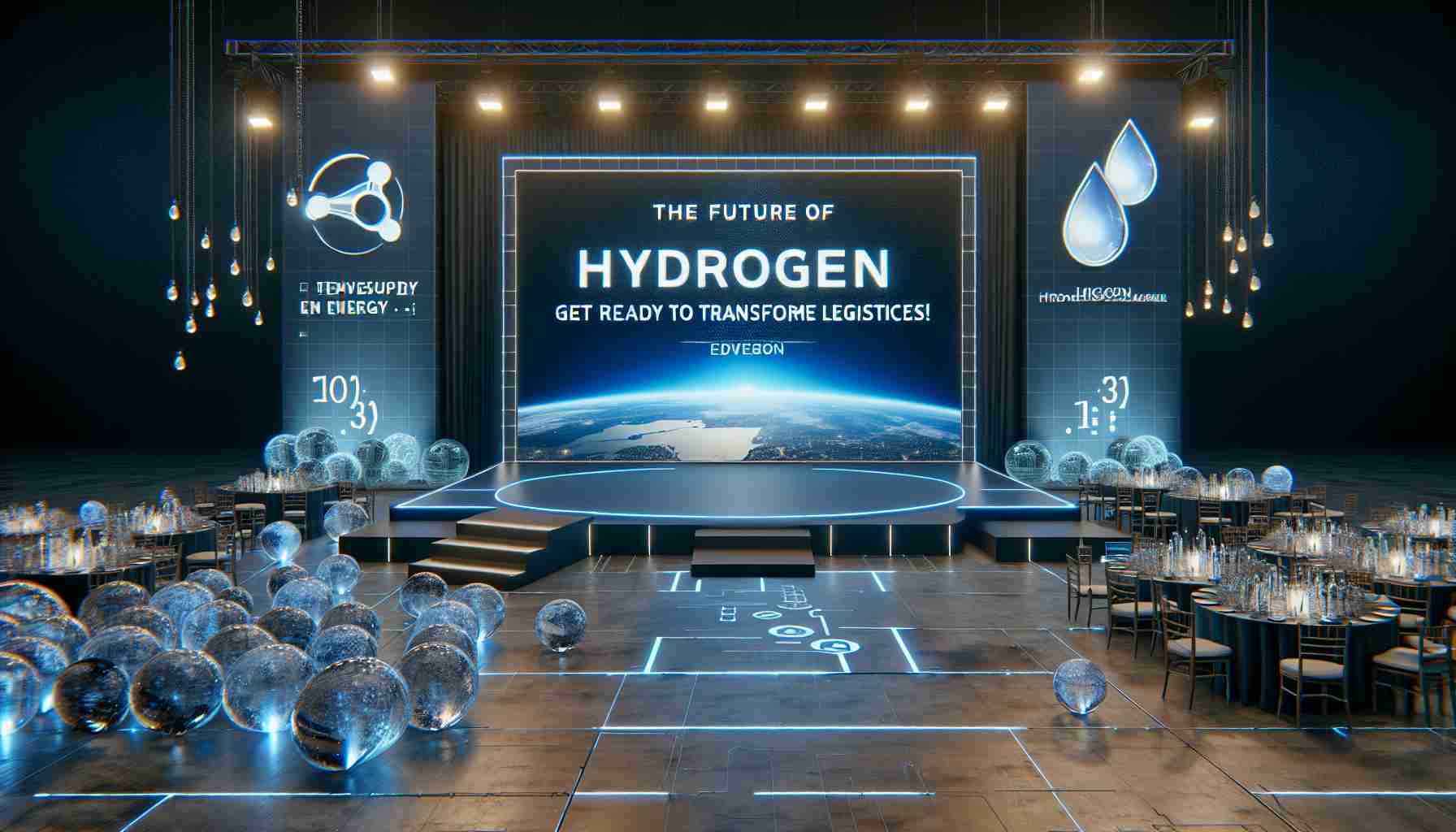Exploring Hyundai’s Clean Energy Breakthroughs in Georgia
Hyundai Motor Group is leading the charge for sustainable energy with groundbreaking hydrogen innovations at their Georgia Metaplant. This initiative emphasizes hydrogen’s potential as a clean, efficient energy source that tackles environmental challenges and enhances logistical operations.
One of the most significant advancements is the introduction of 21 hydrogen fuel cell trucks designed for heavy-duty transportation. These Class 8 vehicles eliminate harmful emissions, producing only water vapor. Offering impressive energy density, these trucks excel in range and refueling speed compared to conventional electric systems. This innovation is critical in alleviating long-haul transport concerns and promoting eco-friendly logistics.
Hyundai’s forward-thinking approach doesn’t stop at trucks; they are also pioneering waste-to-hydrogen techniques. Through anaerobic digestion, organic waste is converted into biogas, which is then transformed into biomethane and finally hydrogen. This innovative process offers a dual advantage: producing clean energy while addressing waste management issues. Moreover, converting non-recyclable plastics into hydrogen showcases a commitment to combating plastic pollution.
With plans to extend hydrogen applications across various sectors, including aviation and maritime, Hyundai’s vision encompasses a comprehensive hydrogen ecosystem. Their collaboration with Glovis America aims to enhance hydrogen logistics, setting a target of three million tons of hydrogen usage by 2035.
Hyundai’s endeavors highlight a promising pathway for integrating hydrogen technologies into everyday operations, marking a significant step towards a sustainable, zero-emission future.
Hyundai’s Hydrogen Revolution: The Future of Clean Energy Transportation
Exploring Hyundai’s Clean Energy Breakthroughs in Georgia
Hyundai Motor Group is at the forefront of sustainable energy innovation, particularly with their transformative initiatives centered around hydrogen energy at the Georgia Metaplant. This facility has become a critical hub for advancing the use of hydrogen as a clean, efficient energy source that not only addresses pressing environmental issues but also enhances logistics in various sectors.
Innovations in Hydrogen Transportation
Among the standout developments from Hyundai are 21 hydrogen fuel cell trucks specifically engineered for heavy-duty transportation. These Class 8 vehicles represent a significant leap forward in reducing emissions, as they emit only water vapor, making them a clean alternative to diesel trucks. With impressive energy density and shorter refueling times, these hydrogen trucks offer a practical solution to the challenges of long-haul logistics, paving the way for a more sustainable future in freight transportation.
Waste-to-Hydrogen Techniques
Hyundai is not stopping at transportation; they are also leading the charge in waste-to-hydrogen technology. By employing anaerobic digestion to convert organic waste into biogas, they can produce biomethane, which is subsequently transformed into hydrogen. This groundbreaking approach not only creates a renewable energy source but also provides a sustainable solution to waste management. In addition to organic waste, Hyundai is exploring innovative ways to convert non-recyclable plastics into hydrogen fuel, directly tackling plastic pollution and promoting a circular economy.
Expanding Hydrogen Applications Across Sectors
Hyundai has ambitious plans to broaden the applications of hydrogen beyond the transportation sector. With sights set on industries such as aviation and maritime, they envision a comprehensive hydrogen ecosystem. Their collaboration with Glovis America aims to develop robust hydrogen logistics systems, targeting a massive three million tons of hydrogen usage by 2035. This goal signifies Hyundai’s commitment to establishing a strong foundation for hydrogen infrastructure, which is essential for widespread adoption.
Benefits and Challenges of Hydrogen Technology
Pros:
– Zero Emissions: Hydrogen fuel cells emit only water vapor, drastically reducing air pollution compared to fossil fuels.
– Energy Efficient: Hydrogen vehicles typically have a longer range and faster refueling times than battery electric vehicles.
– Waste Reduction: Converting waste materials into energy helps mitigate landfill issues and promotes sustainability.
Cons:
– Infrastructure Development: The current lack of hydrogen refueling stations can limit the practical use of hydrogen vehicles in certain areas.
– Production Methods: While Hyundai is focusing on sustainable methods, conventional hydrogen production can still rely on fossil fuels, raising environmental concerns.
Market Trends and Insights
The hydrogen economy is gaining traction globally, with government initiatives and private sector investments fueling advancements in hydrogen technology. As countries seek to meet climate goals, the demand for clean energy solutions is expected to surge. Hyundai’s innovative approach positions them as leaders in this market, emphasizing the importance of collaboration across industries to make hydrogen a viable energy source.
In conclusion, Hyundai Motor Group’s initiatives in hydrogen technology are not just about creating new vehicles; they represent a bold step towards a sustainable and zero-emission future. By addressing waste management while developing efficient transportation solutions, Hyundai is shaping a cleaner, greener world.
For more on Hyundai’s clean energy initiatives, visit hyundai.com.
